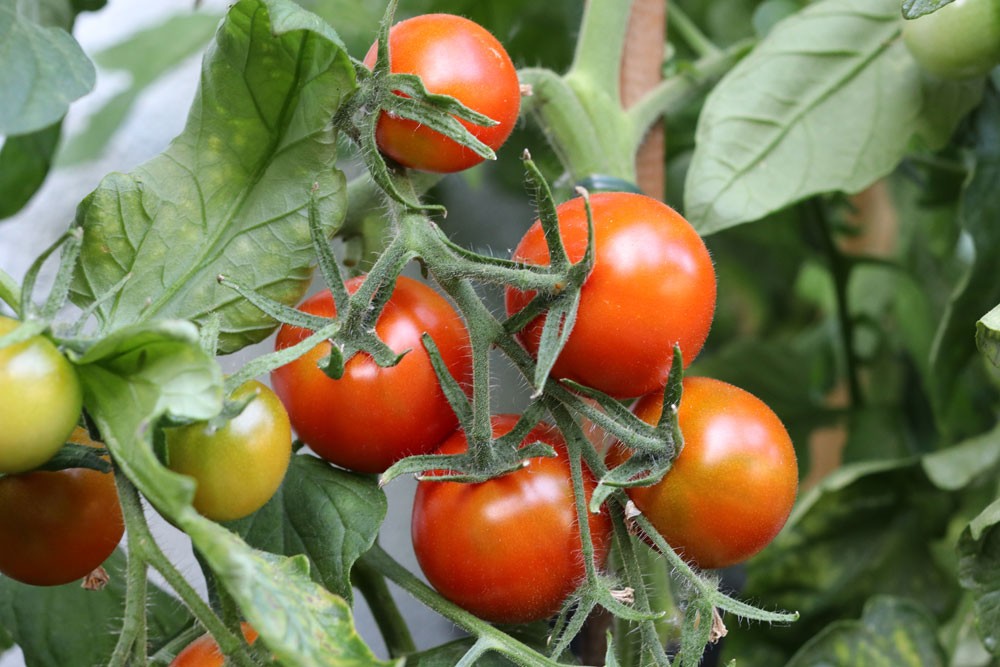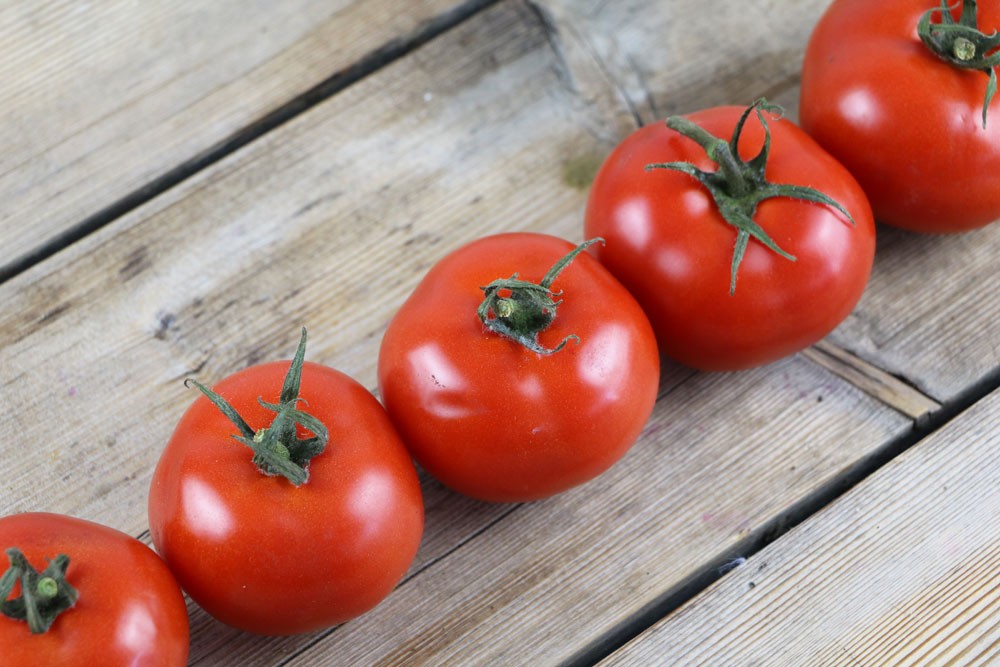Urine has been used in a wide variety of areas since time immemorial. This is because the supposed waste product is suitable, among other things, as a healing, wound and cleaning agent. Likewise, urine was used as a fertilizer hundreds of years ago. In the past, it was collected in large quantities and returned to the fields as fertilizer. It is therefore not surprising that tomatoes in the home garden also benefit from the special fertilizer.
Contents
Urine is a nitrogen fertilizer
Urine plays an important role in the human body in the elimination of metabolic waste products. This is because humans excrete a large number of different nutrients through their urine. The nitrogen content of urine is particularly impressive, because urea consists of almost half nitrogen. That is why it is considered an extremely concentrated nitrogen fertilizer.
- an adult produces 20 grams of urea per day
- this can produce 3 kilograms of tomatoes
Ingredients of urine
In addition to nitrogen, urine also contains, among other things, the growth hormone auxin, with indole-3-acetic acid being particularly noteworthy. This substance stimulates both flower and root formation – even in the smallest amounts! On top of this, the urine contains numerous other nutrients that benefit the tomatoes:
- Phosphorus
- Potassium
- Calcium
- Vitamins
- Trace elements
Note: The actual components as well as their amount always depend on the personal diet!
Study confirms: Urine is valuable fertilizer!
The effectiveness of urine as a tomato fertilizer has already been proven in a Finnish study. Because the research team of Surendra Pradhan has tested the effect of urine as fertilizer at the University of Kuopio: For this, they fertilized some tomato plants with urine and then compared them with unfertilized specimens. The result confirms the suspicions of many amateur gardeners:
- Tomato yield of fertilized plants was 4 times higher
- Nutrient content is the same
- amount of antioxidants is also the same
- fertilized tomatoes were not contaminated with germs
Note: Subsequently, the tomatoes of 20 test persons were subjected to a taste test. Here, too, all tomatoes performed equally well.
Use of urine as fertilizer
If you want to fertilize your tomatoes with urine, you should never do your business in the garden. This is because the excretion is immediately colonized by bacteria, which convert the urea to ammonia. The direct contact of undiluted urine could cause ammonia burns on the tomatoes and thus damage them permanently. It is better to always proceed as follows when fertilizing with urine:
- Dilute urine with irrigation water
- Mixing ratio 20:1
- 20 parts water to 1 part urine
- spray around the plants
- or pour next to the tomatoes
Disadvantages of urine as fertilizer

Although fertilizing with urine has many advantages, the disadvantages of this fertilizer should also be considered. First and foremost, the fluctuating proportion of certain nutrients should be mentioned here. This is because what is actually in the human excretion depends on both diet and lifestyle. Accordingly, the urine may contain various substances such as drug residues as well as common salt, which is harmful to plants. In addition, the following factors should be taken into account when fertilizing:
- Urine attracts bacteria
- bacteria can thus get to the tomatoes
- the pH value of urine fluctuates daily
- can be between 4,6-7,5
Tip: The pH of urine can also be influenced by food intake. A protein-rich diet ensures that the pH value is in the acidic range, whereas vegetarian food causes the pH value to move into the alkaline range.


